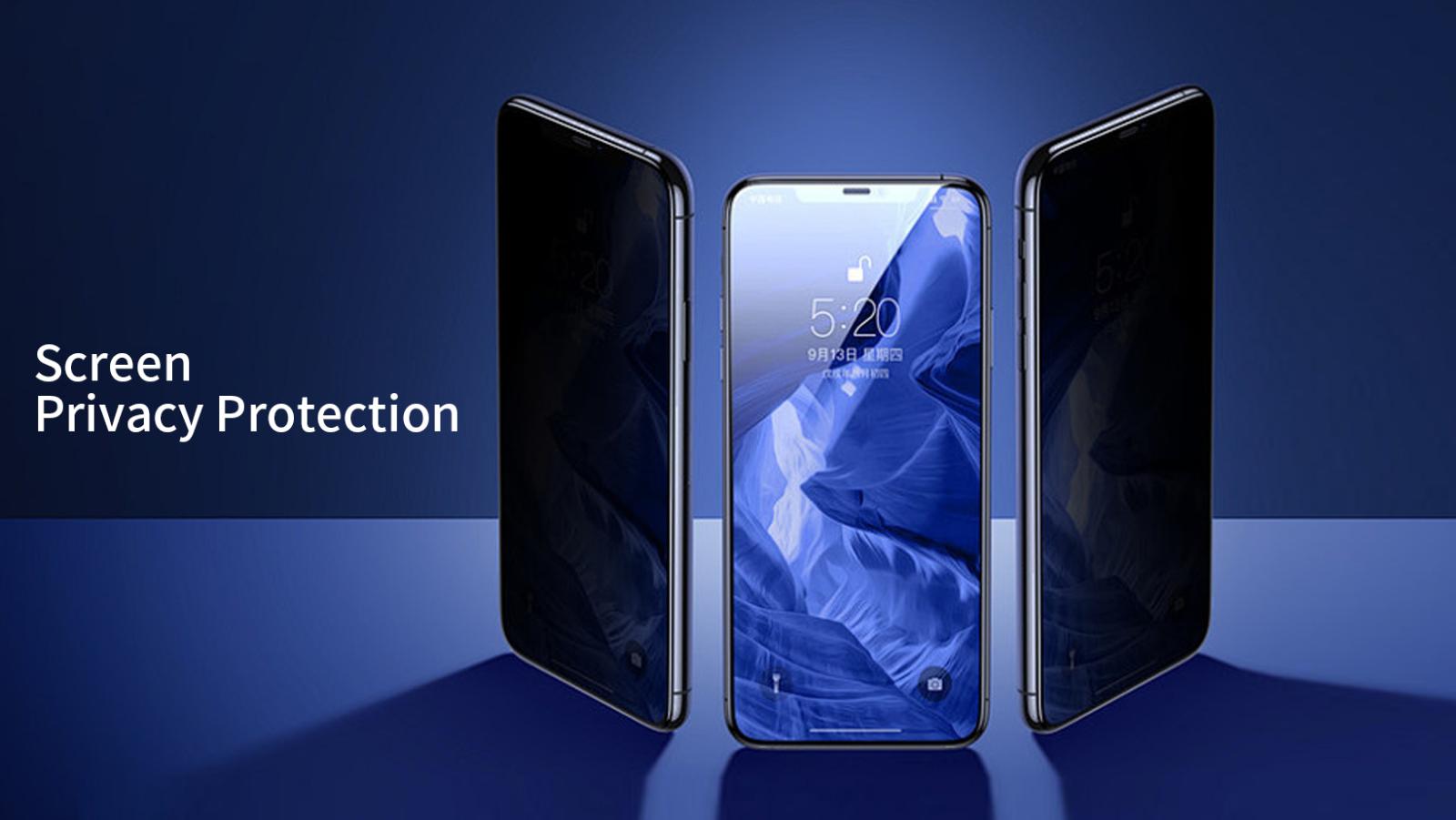Notifications

4 minutes, 30 seconds
-90 Views 0 Comments 0 Likes 0 Reviews

As our dependence on electronic devices increases in the digital era, questions regarding eye health have surfaced. Within this context, privacy screen protectors have gained attention, not only for safeguarding privacy but also for their potential benefits for eye health.
Benefits of Privacy Screen Protectors
Enhanced Privacy
Privacy screen protectors offer significant privacy benefits by restricting the viewing angle of your device’s screen. This means that only you can see the displayed content, making them ideal for use in public areas where you might be concerned about others observing your screen. Whether you’re checking confidential emails, surfing the internet, or streaming videos, these protectors help maintain confidentiality.
Reducing Glare and Eye Fatigue
Most privacy screen protectors come equipped with anti-glare features, which help minimize reflections caused by bright lights or sunlight. This not only improves the screen's visibility in well-lit environments but also alleviates eye fatigue. By reducing glare, these protectors make it easier for your eyes to focus, thus lessening eye strain.
Filtering Harmful Blue Light
Several privacy screen protectors incorporate blue light filtering technology. Blue light, or high-energy visible (HEV) light, is emitted by screens and can contribute to eye strain, disturb sleep patterns, and potentially cause long-term eye damage. Protectors that feature blue light filtering can effectively diminish the amount of harmful blue light that reaches your eyes, promoting better eye health and improved sleep quality.
Potential Drawbacks of Privacy Screen Protectors
Reduced Screen Brightness
A notable downside to privacy screen protectors is that they can decrease screen brightness. Their design, which helps enhance privacy, limits light transmission, causing even the brightest settings to appear dim. In bright sunlight, this darkness can make the screen hard to read, which forces your eyes to work harder and may lead to increased fatigue.
Higher Battery Consumption
Since privacy screen protectors tend to darken the display, users may unknowingly boost the brightness levels to see better. This can result in several outcomes:
Faster battery drain
Increased wear on the screen, potentially shortening its lifespan
Higher energy usage, which may impact battery health over time
Convenience Limitations
Privacy screen protectors can sometimes hinder convenience. For example, if your phone is laid flat on a surface, the screen may appear completely black unless viewed straight on. This can complicate basic tasks, like checking notifications, and may become frustrating over time.
Choosing the Right Privacy Screen Protector
Opt for Quality
When selecting a privacy screen protector, look for those utilizing micro-louver technology. This technology incorporates thousands of micro-louver layers designed to manage the angle of light, providing privacy without sacrificing screen clarity and brightness when viewed head-on.
Assess Your Needs
Consider your specific usage habits. If you often use devices in public spaces and prioritize privacy, a privacy screen protector is beneficial. However, if you require high screen brightness and clarity in well-lit conditions, weigh the pros and cons carefully.
Adjust Screen Brightness
To counteract reduced brightness with a privacy screen protector, increasing the screen brightness appropriately is essential. However, be cautious not to set it too high to avoid additional eye strain.
>>>How to Get Air Bubbles out of Screen Protector?

